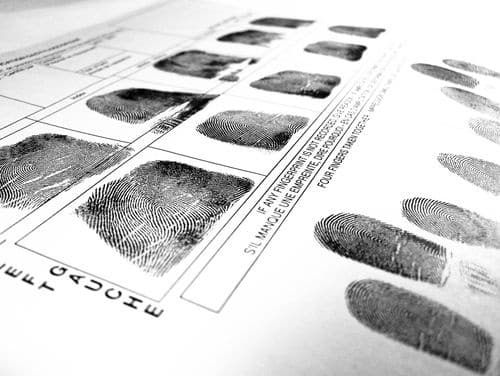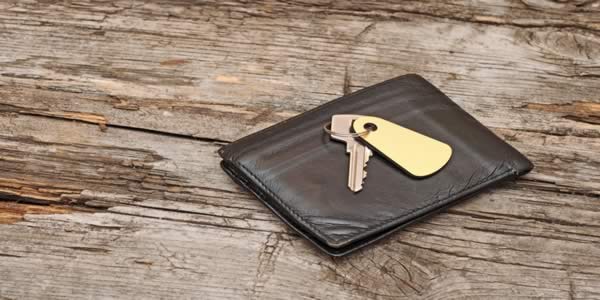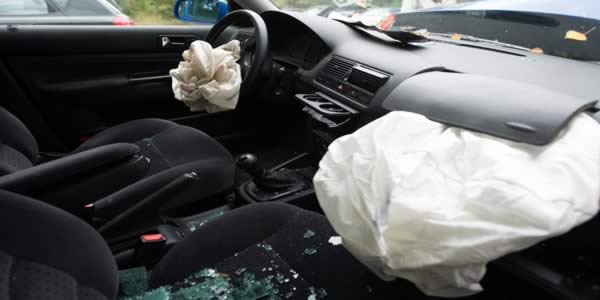Our criminal defense lawyers in Charleston, South Carolina often get asked about the expungement of criminal records. Whenever we successfully defend someone accused of a crime, we follow up by having our client’s record expunged. However, many times we get calls from persons whose previous criminal lawyer didn’t tie up that loose end.
Expunging your criminal record is important even if you were never convicted of a crime. Essentially, any arrest, even those that result in a “not guilty,” “non-conviction,” or “nolle prosse,” can still have a negative impact such as when a potential employer does a background check on you. Also, criminal convictions often carry greater consequences that may haunt people for their entire lives. So, for the benefit of all of those who want to keep their record “clean,” here is an overview of the expungement of criminal records in South Carolina.
What is an Expungement in South Carolina?
An expungement is a court order that commands state agencies to destroy records. After an expungement order is signed by a judge and circulated to the appropriate agencies, any municipal, county, or state law enforcement agency must destroy the arrest and booking record, files, mug shots, and fingerprints of the person charged. There are some exceptions to this rule, but, generally, an expungement erases all evidence of the charge. The FBI will still have a record, but the FBI’s database is only accessible to a very limited number of people and is not an issue for most people.
What Criminal Records Can Be Expunged in South Carolina?
The following charges are eligible for expungement in South Carolina:
- Any charge that was dismissed or where the defendant was found not guilty is eligible for expungement.
- First offense convictions for fraudulent check (bad check) charges are eligible for expungement.
- If a simple possession of marijuana charge is resolved by conditional discharge it is eligible for expungement.
- First offense convictions for simple possession of almost any drug if the defendant has no other convictions for 3 years.
- First offense convictions for possession with intent to distribute any drug if the defendant has no other drug convictions for 20 years.
- First offense for failure to stop for a law enforcement vehicle after being signaled to do so may be expunged.
- Some convictions in municipal or magistrate’s court if the defendant has no other convictions for 3 years, except for criminal domestic violence, where the defendant must have no other convictions for 5 years, are eligible for expungement.
- Charges resolved by successful completion of pre-trial intervention (PTI) or the alcohol education program (AEP) can be expunged.
- Certain offenses where the defendant was convicted when he or she was less than 25 years old are potentially subject to expungement.
- Juvenile offenses if the offense was non-violent, the defendant is now 18 years old or older, the juvenile completed the sentence and has no more convictions, and the juvenile has no prior conviction with a maximum sentence of 5 years or more if committed by an adult.
What Criminal Records Can’t Be Expunged in South Carolina?
The following are criminal charges that aren’t eligible for expungement:
- Driving under the influence (DUI)
- Driving with an unlawful alcohol concentration (DUAC)
- Motor vehicle violations
- Most hunting, fishing, and gaming charges
- Many very serious crimes, such as violent crimes and murder
How Can I Check My Criminal Record in South Carolina?
If you’ve been arrested before and you’re curious as to what’s on your criminal record in South Carolina, you can check it online by visiting the South Carolina Law Enforcement’s Criminal Records Check Page. The cost is $26, and the process is a simple as entering your name and your birthdate.
If My Charge Can’t Be Expunged, Do I Have Other Options?
Yes. Even if a charge can’t be expunged, you may be eligible for a pardon. Many people mistakenly believe that a pardon requires some connection to the governor, but it is actually determined after a hearing before the Department of Probation, Pardon, and Parole Services. Your eligibility for pardon is largely at the discretion of the Department, and with a proper showing, you may actually have something pardoned that you did not think possible. The attorneys at Futeral & Nelson will be able to help determine whether it is worth your while to attempt obtaining a pardon. If you aren’t eligible for an expungement, then please read our article on getting a pardon in South Carolina.
Get Help Expunging Your Record in South Carolina for a Low Fee of $250
South Carolina’s expungement laws can be confusing, and attempting to decipher your criminal record can be challenging. Fortunately, we’ve been able to help hundreds of clients to expunge their criminal record in SC. For a low cost of $250 (which includes the SLED record check fee), we can advise you whether you are eligible for an expungement in South Carolina as follows:
- We Gather All of Your Criminal Records -We get a copy of your official criminal record from the South Carolina Law Enforcement Division (SLED). If any information is missing (or inaccurate) from your record, we will fill in the gaps by pulling information directly from the court(s) and law enforcement agencies that you were involved with.
- We Analyze Whether You Are Eligible for an Expungement (or a Pardon) – After we have a complete record, we analyze all of the information and advise you in detail as to whether you are eligible for an expungement. If you are eligible for an expungement, we explain to you exactly how we can get your criminal record cleaned up and any additional fees for those services. If you aren’t eligible for an expungement, we explain whether you are eligible for a pardon and the process for obtaining a pardon, and the legal costs involved.












